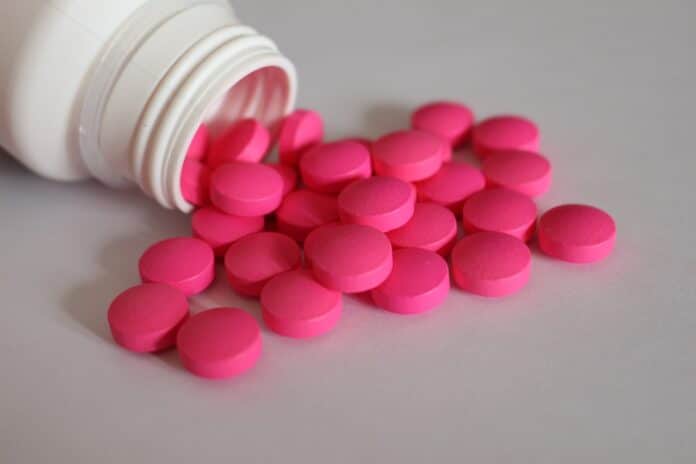Since the beginning of the pandemic, the re-purposing of existent medicines for the treatment of coronavirus infection has been an ongoing debate. Various clinical trials have also tested different medicines from the notorious hydroxychloroquine to Remidisvir for the infection. Now, antidepressants for coronavirus are being examined in different studies.
The recent research on the potential treatment looked at the common antidepressant known as fluvoxamine in a clinical trial. In the trial, over one hundred and fifty participants were recruited.
These participants had been experiencing known symptoms of the coronavirus infection for five to seven days and were confirmed to have the virus after undergoing PCR testing. However, the trial excluded patients who needed intensive medical care and hospitalization.
This includes older adults and those with existent medical conditions such as lung disease, heart-related problems, and others that can potentially cause severe coronavirus infection.
Overall, those with a comparatively milder form of the infection were finalized and a part of the trial testing antidepressants for coronavirus.
After looking at these participants, the researchers found that the group of eighty patients taking fluvoxamine had reduced the risk of having serious coronavirus-related complications within a time period of only fifteen days.
RELATED: Hair Fall After Coronavirus Infection is Common in Most Patients
On the other hand, over six percent of the people in the placebo group experienced serious symptoms of the infection such as the reduction in blood oxygen levels, difficulty in breathing, and pneumonia.
According to existent research, the majority of the patients with coronavirus infection develop complications six to seven days after contracting the virus. Therefore, this research suggests that fluvoxamine can help in decreasing the likelihood of having worsened symptoms.
However, fluvoxamine belongs to a group of drugs called SSRIs or selective serotonin reuptake inhibitors. These medicines are used in the treatment of a number of mental health conditions, primarily depressive episodes.
In addition, they have also been seen to be effective in the treatment and management of anxiety disorders and obsessive-compulsive disorder.
If these drugs are known and prescribed for mental health issues, how is it that they can decrease the risk of developing coronavirus-related problems? According to health experts, some of the SSRIs may actually not be as selective as others, including fluvoxamine.
Fluvoxamine, like other SSRIs, blocks the serotonin transporter proteins in the brain, which thereby increases the serotonin in the brain. Secondly, it is also known that the drug also binds itself to another protein called σ-1 receptor (S1R).
The activation of this protein can have a number of effects, including the inhibition of cytokines – the molecules which play a fundamental role in determining immune response and controlling inflammation.
In coronavirus infection, inflammation and the impact of cytokines mainly causes serious complications and even death. This may explain how the antidepressant fluvoxamine helps in reducing coronavirus issues in patients.
Prior to this research, antidepressants have been commonly used for the treatment of other conditions as well. For instance, SSRIs were found to be helpful in the management of cardiovascular diseases.
When it comes to coronavirus infection, SSRIs or fluvoxamine also look promising but researchers agree that further investigation is needed on a larger scale to know more about treatment using antidepressants.




